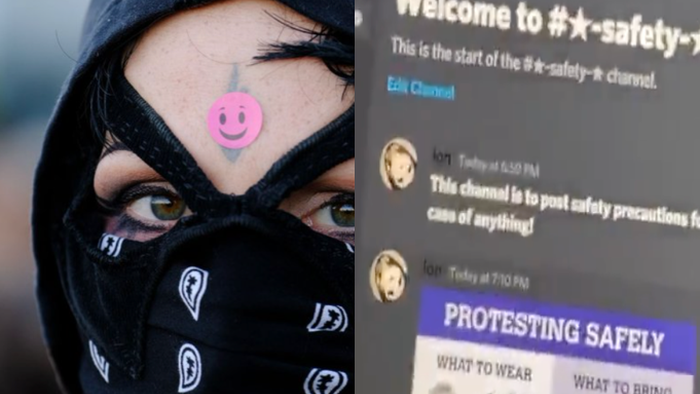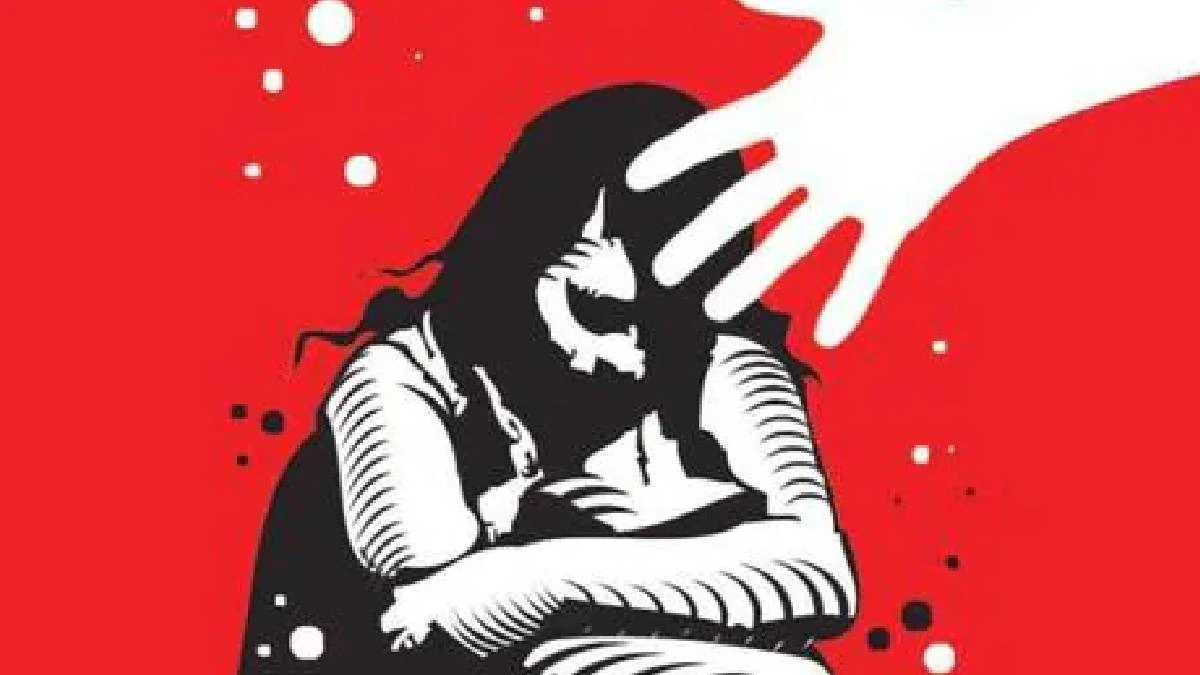Discord Scrutinized In Kirk Assassination, Used By Canadian Far-Left Networks To Circulate Political Target Files, Lawyer Says

Submitted by The Bureau’s Sam Cooper,
Discord, the communications platform now under scrutiny as U.S. investigators examine chat room messages involving the alleged assassin of conservative activist Charlie Kirk, is also being used by left-wing Antifa-aligned networks in Canada to organize and share dossiers on political targets, according to Toronto lawyer and independent journalist Caryma Sa’d.
In a wide-ranging interview for The Bureau Podcast, Sa’d, who has covered a proliferation of street protests in Canada, alleged that Antifa-aligned networks rely on gated Discord servers to coordinate harassment campaigns and “dox-style” targeting of foes. Even more alarming, she said, is that some of the information shared would not be publicly available, suggesting that government, legal, or union insiders may have leveraged sensitive data.
What makes her claims especially relevant in the current climate is her belief that the Canadian Anti-Hate Network (CAHN), a federally funded nongovernmental organization, has been involved in what she perceives as Antifa’s targeting activity in Canada. Because Canada’s Liberal government has directed nearly $1 million to CAHN, and because the group liaises with public safety agencies to disseminate its perception of extremist threats, Sa’d argues this has skewed the state’s focus, overlooking the growing threat of violence from Antifa.
Sa’d says that both she and some of her clients have been singled out, and she describes Antifa as a loosely aggregated, cell-like organization that transcends the U.S.–Canada border, operating simultaneously in online forums and in street collectives. These protests, she says, often coalesce under a “solidarity” banner that brings together activists for trans rights, Indigenous rights, migrant rights, encampment movements, safe-supply campaigns, and pro-Palestine demonstrations.
“If we think of Antifa as a movement, it’s not, at least to my observation, like, ‘here’s your card, you’re now a card-carrying member and please pay your dues,'” Sa’d explained. “It’s more like a cell structure and there is both an online and a real-world component. It’s organized regionally, but particularly the online aspect can be national and international. And Discord plays a huge part in this because it allows people to connect online in private servers.”
Sa’d did not provide details of her investigations into the alleged targeting dossiers shared on Discord, but suggested her research grew out of her own experience of being targeted.
“The compiling of information on political targets could include social media handles, involvement in court cases, where they live, who their family is, what their connections are, and where they appear in public life,” Sa’d said.
According to Sa’d, Anti-Hate had first approached her to collaborate on some research publications, “that never panned out.”
“We couldn’t agree to terms and that was fine. And a few months after that, I was the subject of an article that framed me as a fascist sympathizer. And, you know, it’s only gotten worse since then.”
Public records show that CAHN has received a total of $908,400 in federal funding across three agreements since 2020: $268,400 under Canadian Heritage’s Anti-Racism Action Program; $440,000 under Canadian Heritage’s Community Support, Multiculturalism and Anti-Racism Initiatives Program; and $200,000 from Public Safety Canada’s Community Resilience Fund for a two-year project running from April 2024 to March 2026.
Sa’d said this funding is problematic because, in her view, CAHN “takes public money to put targets on private citizens.”
“How I came to be interested, particularly in Antifa, is the Canadian Anti-Hate Network,” she said. “It is an NGO that purports to document and fight against specifically far-right hate. And in having such a narrow focus, I think that has created almost a vacuum that has allowed the far left to metastasize.”
She pointed to an Ontario court ruling that found CAHN had assisted the Antifa movement.
In the court case Sa’d cited, the judge accepted evidence that CAHN “did in fact assist Antifa” and acknowledged the movement’s violent record. CAHN, for its part, denied supporting violence “directly or indirectly” or funding “violent Antifa.”
Sa’d said she is concerned that the government’s funding of CAHN has contributed to a skewed perspective among Canadian public safety officials.
“There is an ideological bent to what law enforcement is choosing to focus on,” she said, arguing that federal intelligence and policing have over-weighted threats from the right while under-recognizing left-aligned street violence. She cited on-scene incitement at a Toronto protest following the Kirk shooting, in which a woman she classified as an Antifa-aligned activist told another person—”die fascist, one in the neck”—an evident reference to Kirk’s shooting. The remark, captured on tape, drew little response from Toronto police, Sa’d said.
Tyler Robinson, 22, was charged yesterday with the aggravated murder of conservative activist Charlie Kirk in the shooting at Utah Valley University that Utah’s governor, Spencer Cox, called a political assassination. Charging documents say Robinson, who had recently become engaged with left-wing politics and was dating a partner who was transitioning to female, decided to shoot Kirk because he believed Kirk “spreads too much hate,” saying he had “had enough of his hatred.”
Prosecutors allege Robinson planned the act over a week; after the shooting, he allegedly sent texts and Discord messages admitting his role. Among the most telling evidence, Cox said last week, were bullet casings inscribed with phrases including “Hey fascist, catch this” and references to the anti-fascist anthem Bella Ciao—a song that originated with Italian partisans resisting Nazi occupation in World War II and has since been adopted by Antifa-aligned groups in the United States, according to reports. FBI Director Kash Patel has since said dozens of Robinson’s Discord contacts will be questioned as part of the investigation. Though an internal Discord review reportedly found “no evidence that the suspect planned this incident or promoted violence on Discord,” Patel told Congress that investigators will examine members of the same group chat.
In an interview with The Bureau, Sa’d described how Discord servers are tiered, with some rooms requiring special access. In exclusive spaces, she said, dossiers on political targets are shared.
“The information isn’t always publicly sourced,” she said, “which would suggest that some of the participants have access to information by virtue of being public servants or members of particular unions. And I don’t say any of this lightly. In my travels, I’ve encountered people from various professions—teachers, professors, nurses, bureaucrats, lawyers, political staffers—who are involved in this movement.”
Sa’d said both she and her clients have been targeted, and that police have shown a persistent reluctance to investigate what she described as “verifiable, documented” harassment and swarming. “There just doesn’t seem to be an appetite to get to the bottom of this,” she said.



